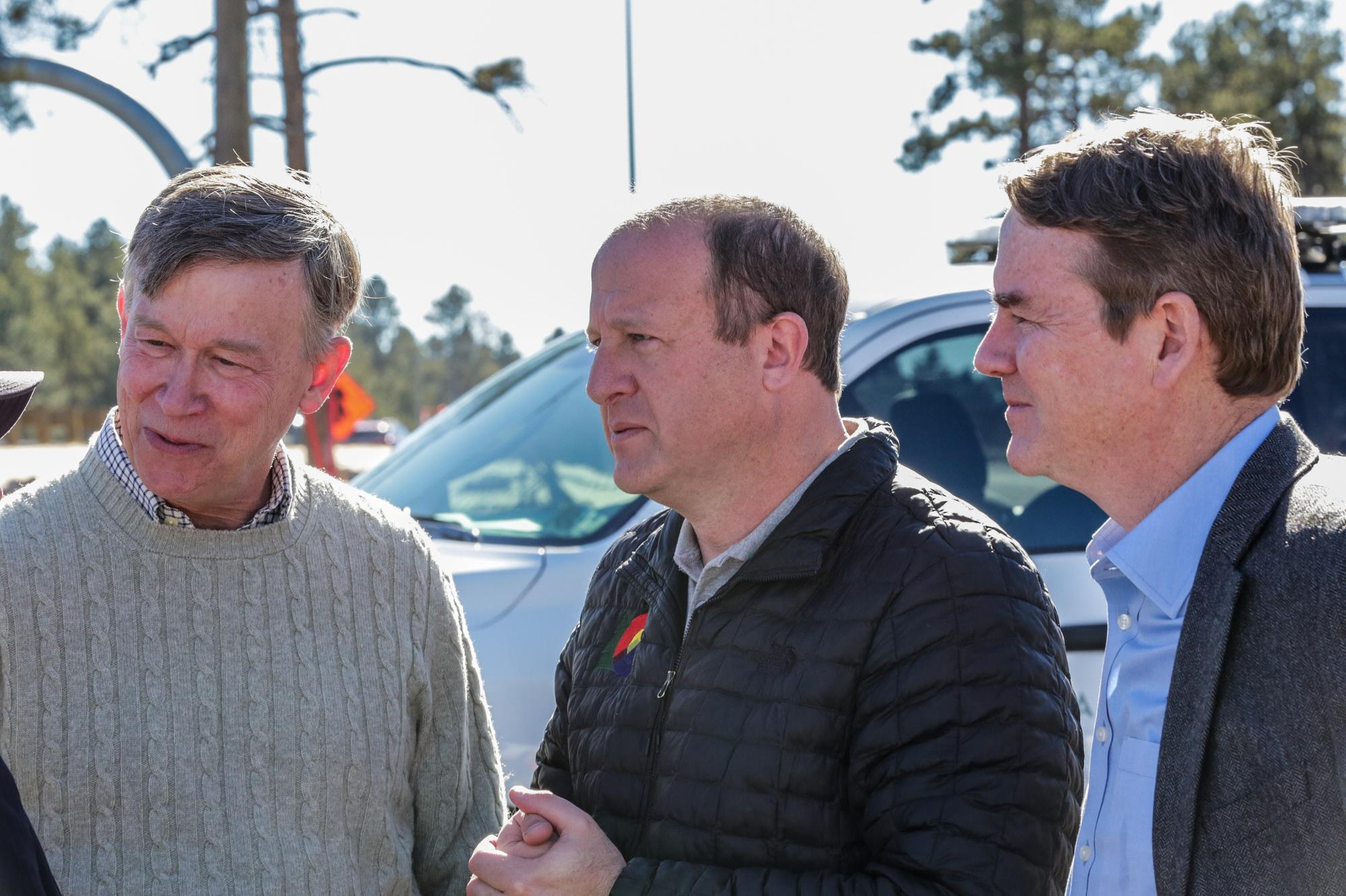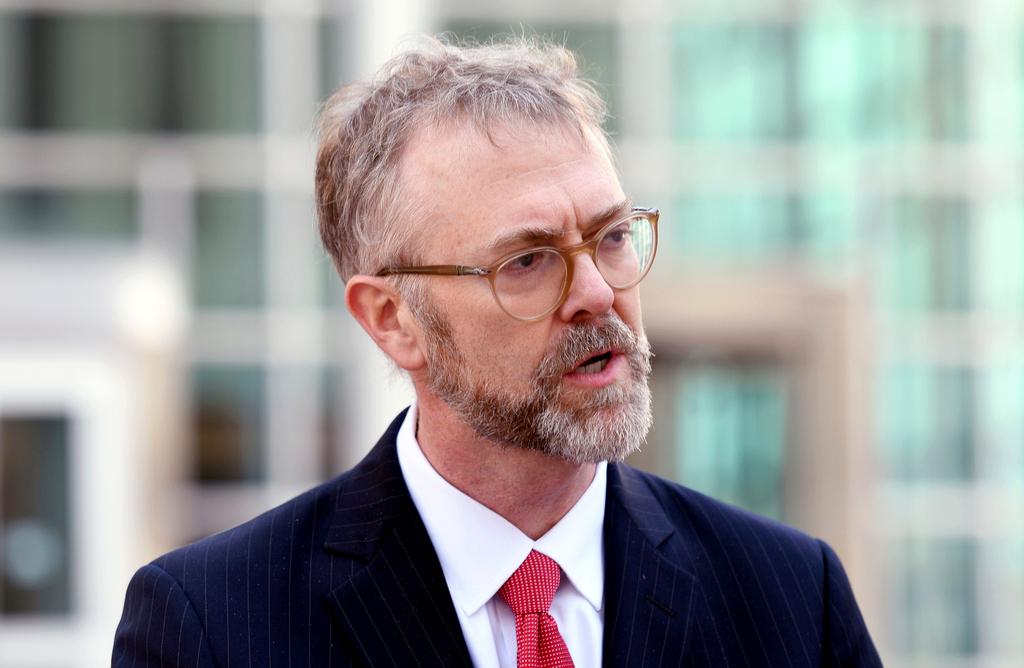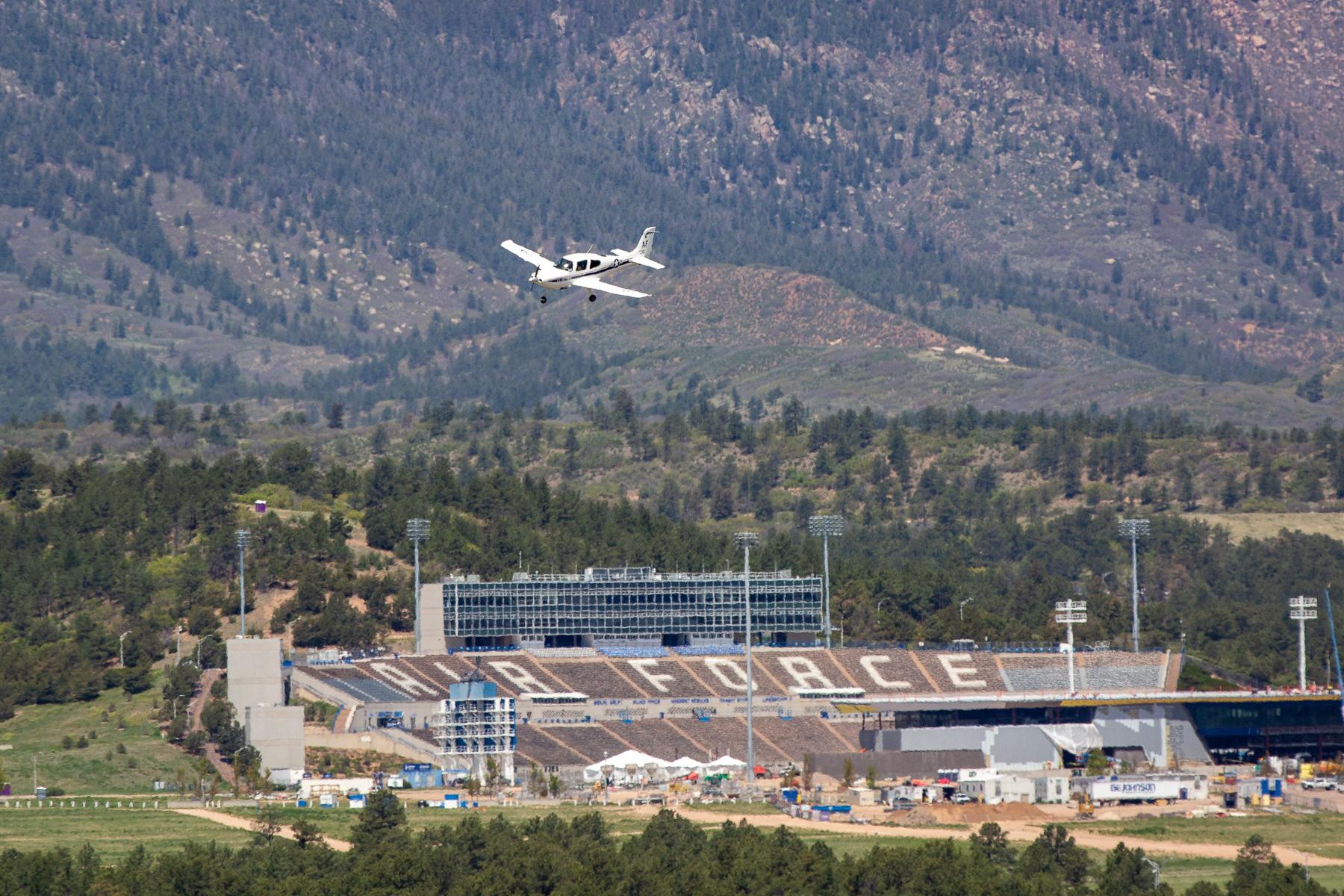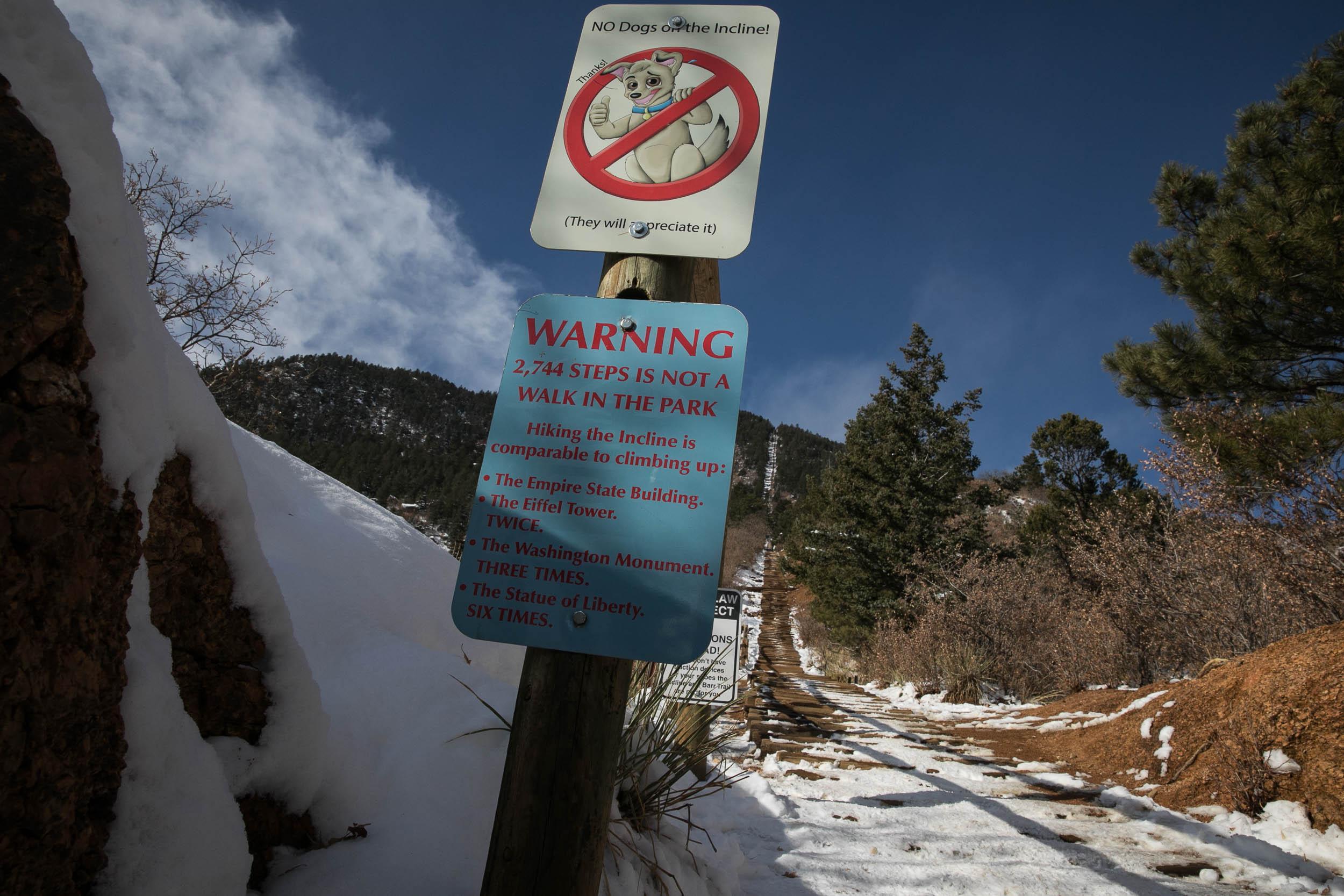
Updated 1:26 p.m., Feb 11, 2025
More than $570 million in federal funding bound for Colorado remains largely inaccessible, even after a federal judge ordered a temporary lifting of the Trump Administration’s freeze of federal funds. And some of Colorado’s statewide officeholders are joining the push to unlock that money.
U.S. Sens John Hickenlooper and Michael Bennet and Gov. Jared Polis sent a letter to Office of Budget and Management Director Russell Vought on Feb. 7, demanding to know when the disbursements will resume. And if that’s not done promptly, the three ask Vought to show the legal basis for continuing to withhold the funds.
On Monday, a federal judge in Rhode Island said the administration wasn’t complying with his order to lift the funding freeze and directed officials to start the money flowing again.
The three Colorado officials note that companies, local governments, state agencies and nonprofits continue to report they can’t access their federal grant portals or receive reimbursements they are due, in particular for money stemming from the Department of Energy, the Environmental Protection Agency and the Department of Transportation.
The frozen funding includes just over $70 million for the Home Energy Efficiency Rebate Program from the Inflation Reduction Act, over $25.5 million in Grid Resilience Formula funding from the Infrastructure Investment and Jobs Act, aka the bipartisan infrastructure law, just under $70 million for the Home Electrification and Application Rebate Program, $50 million for the Weatherization Assistance Program and $44.5 million for electric vehicle infrastructure.
The two largest grants are $156 million for the Solar for All program to help low-income and disadvantaged communities access solar energy and $129 million for the Climate Pollution Reduction Implementation Grant to cut greenhouse gas emissions and boost the clean energy transition.
Many of the projects have been contracted with work begun.
“Companies are considering staff furloughs. Employers in rural communities are rescinding job offers. Long-standing Colorado businesses, some with over 40 years of operation, now struggle to pay contractors working on facility expansions,” Hickenlooper, Bennet and Polis wrote in the letter. “This disruption threatens local economies and the workforce across the state, particularly in rural communities, where the funding freeze creates widespread ripple effects.”
Due to the funding freeze, Will Toor, the director of the Colorado Energy Office and the state’s leading climate policy architect, said his staff has paused hiring for key positions within the Solar for All program. It also wasn’t able to finalize a contract for a study into the potential benefits nuclear power might offer rural communities.
It’s also unclear if Colorado can proceed with programs to help residents pay for heat pumps, induction stoves and other appliances that could help cut climate-warming emissions coming from single-family homes and apartments. The federal government has already awarded the state $140 million to offer those discounts.
Last fall, Colorado started spending the funding through its existing Weatherization Assistance Program, which offers free home improvement and insulation service to help low-income residents cut their energy bills.
The state planned to offer consumer rebates starting in June 2025. In a declaration submitted as a part of Colorado’s lawsuit challenging the funding freeze, Toor said the administration’s moves could force his staff to cancel or delay parts of the program, which would forfeit opportunities to improve homes and create new jobs.
“We are committed to moving forward on clean energy and climate action,” Toor told CPR News. “I don't think that we are anticipating changing our course, but clearly it makes it a lot harder if the federal government is not rowing along in the same direction with us.”
Colorado also pushing back against cuts to health research
Meanwhile, Colorado Attorney General Phil Weiser has joined a lawsuit with other Democratic states to ensure grant funds from the National Institutes of Health continue to flow. A federal judge Monday temporarily halted the NIH’s decision to cut “indirect cost” rates for medical research.
The court filing said that research institutions in the state received more than $566 million in NIH grants in 2024. The largest percentage went to the University of Colorado Anschutz Medical Campus, with $360 million in awards. The indirect cost cut would eliminate $74 million in annual funding.
The University of Colorado Boulder would see an estimated $11.7 million eliminated, with Colorado State University estimated to lose just over $4 million.
Editor's Note: This story has been updated with more details from the Colorado Energy Office.







